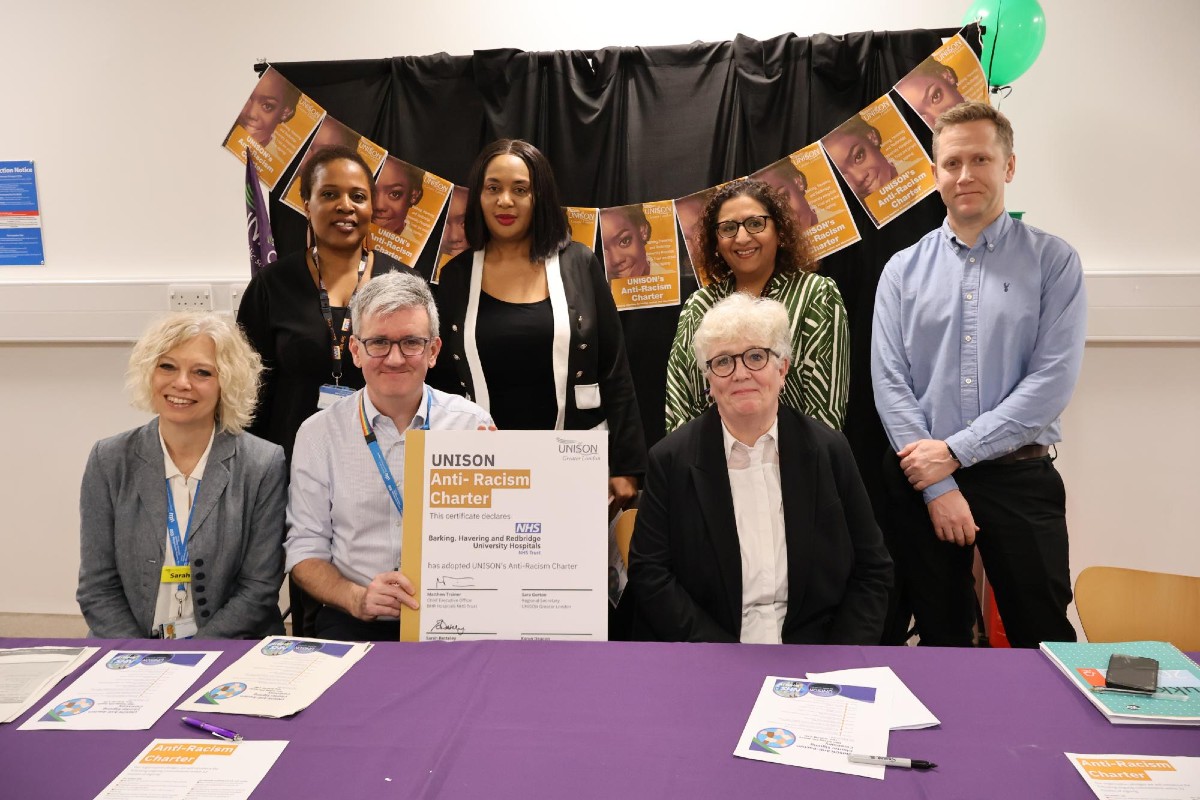Only 58% of parents and carers of disabled children surveyed in 2024 said staff ‘definitely' took their children's existing individual needs into account compared with 75% of parents and carers whose children were not disabled.
Only a third (32%) of parents and carers said staff took their child's existing needs (such as language support or physical adaptations) into account ‘to some extent' (24%) or ‘not at all' (8%). Additionally, 28% said staff were only ‘sometimes' aware of their child's medical history, and 12% said staff did not seem aware of their child's medical history at all.
Autistic children and young people were more likely to feel staff didn't always communicate with them in a way they understood or listen to their fears or worries. Similarly, children and young people with a mental health condition reported worse experiences in a number of areas, including how well they were looked after overall and on staff listening to what they had to say. Parents and carers of children with a mental health condition were less likely to say they, as the parent or carer, were treated with dignity and respect.
In addition, over half (59%) of parents and carers surveyed had raised a concern about their child's care or treatment, but only 62% of that group felt those concerns were ‘definitely' taken seriously. Twenty-eight per cent felt their concerns were taken seriously ‘to some extent' and 10% said they were not taken seriously.
Aidan Fowler, CQC's interim chief inspector or healthcare, said the survey revealed ‘room for improvement – particularly in cases where children had a mental health condition and for autistic or disabled children'.
‘It's crucial that there is equity of experience for all and for existing needs such as language support or physical adaptations to be fully met.'
Addressing issues regarding listening to parents' and carers' concerns, Fowler added: ‘All hospitals should be putting patients and their families at the heart of their care and ensuring that their voices, concerns, and observations are listened to and acted on – something that is recognised in the roll out of Matha's Rule. The ongoing Martha's Rule pilot work is already giving patients and families a much stronger voice and we hope it will continue to support improved patient safety going forward.'
Isabel Lawicka, director of policy and strategy, NHS Providers, said: ‘Hard-working staff across the NHS will be pleased to know that the majority of children and young people were happy with the care they received. There are important learnings about improvements needed in the survey findings too. We have called on the Government to prioritise youngsters in the forthcoming 10-Year Health Plan. For too long, their physical and mental health has not been a national priority.'
NHS Providers discussed putting children at the heart of care in its latest Providers Deliver report this week.



